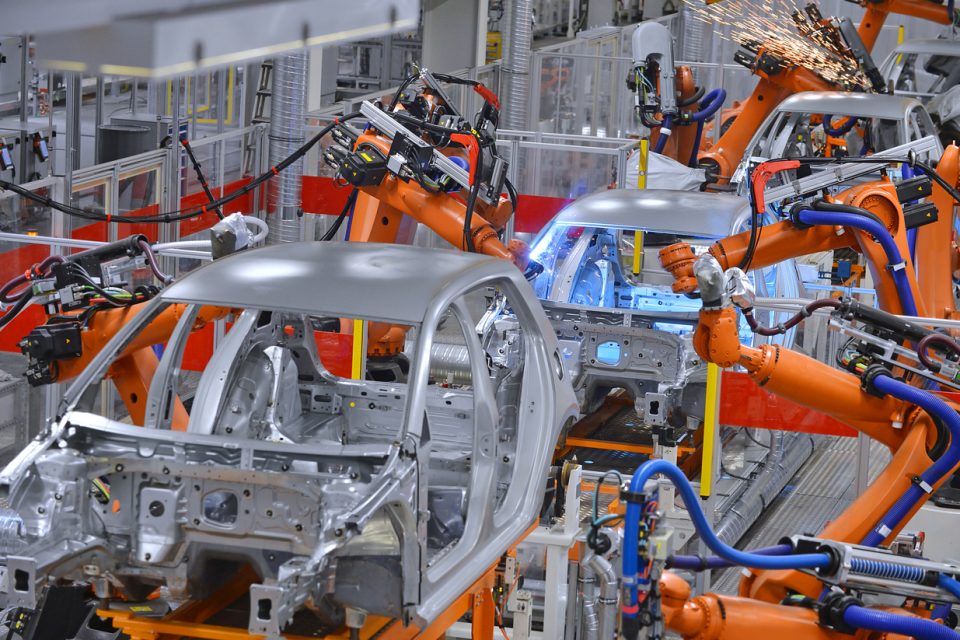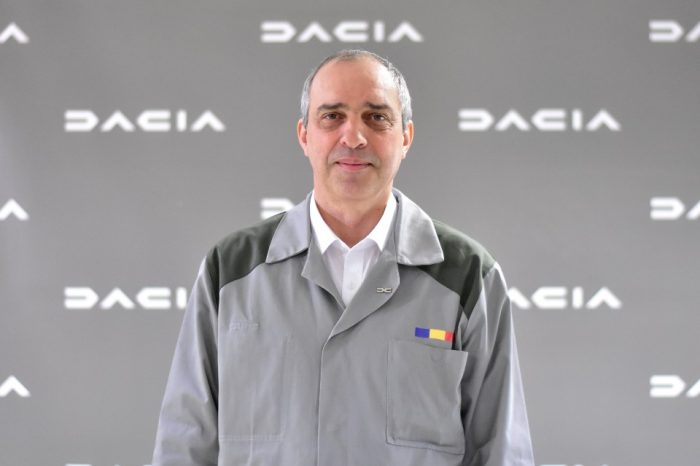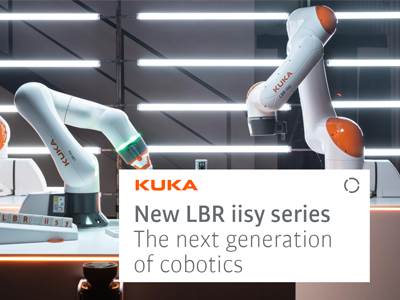Auto industry calls for investments in re-skilling through public-private partnership

ACEA, together with its DRIVES and ALBATTS partners, proposes joint strategy to implement the Commission’s new Pact for Skills for the automotive ecosystem.
The European auto industry is going through an unprecedented transformation because of the short-term impact of the COVID crisis, as well as the long-term shift towards clean and digital mobility, and the goal of achieving carbon neutrality by 2050. This transition is already significantly impacting the lives of the more than 14.6 million Europeans currently employed in the automotive value chain.
“Our industry is fully committed to carbon neutrality, but we have to make the transition in a socially responsible manner, keeping the focus on our employees and their families. From this perspective, investing in re-skilling and up-skilling remains essential,” emphasised Eric-Mark Huitema, Director General of the European Automobile Manufacturers’ Association (ACEA).
Following the roundtable discussion with European Commissioners Nicolas Schmit (Jobs and Social Rights) and Thierry Breton (Internal Market) on 23 September, ACEA and its partners are in full support of the Commission’s new skills initiative, particularly the idea of developing a dedicated Pact for Skills for the automotive sector. This broad coalition is now jointly calling on the Commission to set up the Pact as a public-private partnership to help the automotive ecosystem cope with the major structural changes ahead.
ACEA is a member of the Erasmus+ projects DRIVES and ALBATTS. These projects seek to define the future skills and jobs needed across the whole value chain and bring the key training requirements to the attention of education providers across the EU. The aim of both initiatives is to develop a flexible automotive workforce, able to react promptly to labour market needs.




















